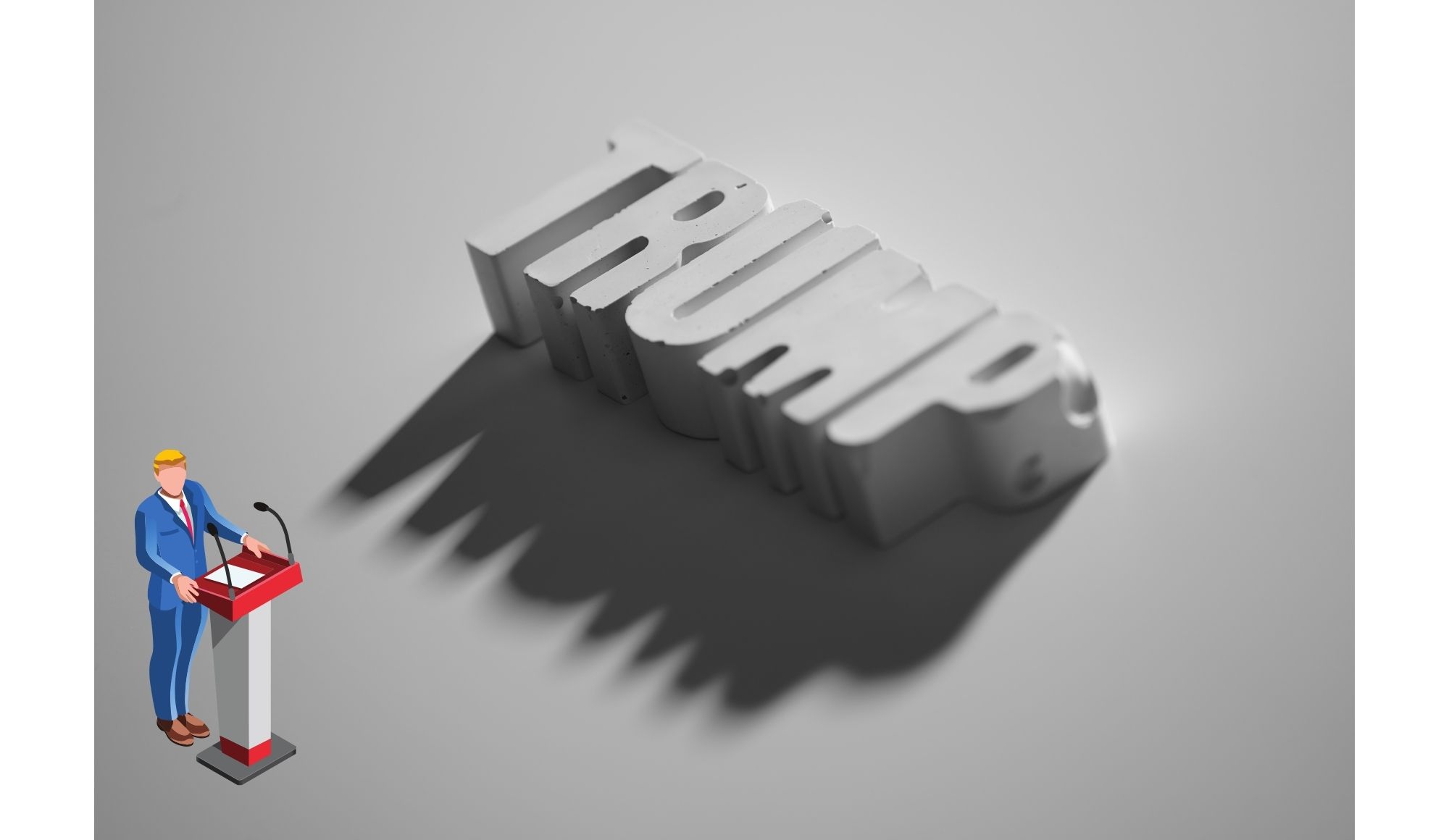How a 2nd Trump Presidency Will Affect Markets?
A second Trump presidency may have broad-reaching implications for the stock market, influenced by a mix of tax and economic strategies as well as geopolitical implications.
In his first-term, Trump oversaw significant corporate tax cuts, which boosted corporate earnings and stock prices. A second term is likely to continue or expand these tax policies, potentially providing further support for the stock market.
Trump’s administration first-time around focused on reducing regulations across various sectors, especially in finance, energy, and healthcare. Continued deregulation bodes well for the profitability of companies in these industries, and is likely to lead to higher stock valuations. With that said it should be noted that the returns of the first two years of a Presidential cycle typically don’t eclipse those of the third year, which is historically the best one for the stock market, averaging a remarkable 16.3%.
So, what stocks and sectors are likely to see headwinds and tailwinds under President Trump?
Key Points
- Continued corporate tax cuts and deregulation in finance, energy, and healthcare are likely to boost earnings and stock prices.
- Trump’s push for low-interest rates may support higher stock prices, but controversial policies may cause short-term market sell-offs and volatility.
- Trump’s pronouncement that he will quickly end the conflict with Ukraine is likely to hurt defense stocks and companies that have won contracts to rebuild the infrastructure in that region.
War Stocks
One CIA analyst argued that it is by no means in the interest of the US to stop the war in Ukraine. His reasoning is three-fold.
Firstly, US defense contractors reap the benefits of spending for armaments. Secondly, many of the loans issued to Ukraine to finance the war end up as spending back to US firms. And thirdly, the US military has an opportunity to test new equipment in a proxy war setting, and so avoids the higher risks of having to do in a live direct military conflict.
If Trump is elected the potential for defense contractors like Lockheed Martin and Northrop Grumman to underperform may be elevated.
This runs counter to the traditional narrative that Trump is willing to “pull the trigger” on a geopolitical conflict. And Trump does seem to playing the Art of War well in the sense that he displays to his “enemies” that the US both has the capability and willingness to deploy its military yet his first administration highlighted that he prefers not to engage if possible.
The China Trade
Undoubtedly, Trump’s first term was marked by a trade war with China, which created market volatility. If a second term renews or intensifies these trade conflicts, it may well lead to market instability, particularly for companies with significant exposure to China.
There is particular concern about a Chinese invasion of Taiwan, and what that would mean for Taiwan Semiconductor, as well as companies it supplies whether that’s Apple or Nvidia. These companies may actually benefit if Trump is seen as a President who will deter China from making moves on Taiwan.
What Stocks Are Affected By Trade Agreements?
If history is a guide, Trump may seek to renegotiate or create new trade agreements favoring American businesses, which has the potential to benefit stocks in sectors like manufacturing, agriculture, and technology.
He is also famously an advocate for infrastructure investment. Significant spending in this area is likely to boost sectors such as construction, industrials, and materials, and drive up related stocks.
So too Trump’s support for the fossil fuel industry is likely to be a tailwind for oil and gas companies. Conversely, this may slow the growth of renewable energy stocks, which might be more favored under an administration focusing on green energy.
On the topic of international relations, countries that Trump favors are likely to perform better, such as Saudi Arabia, which has an associated ETF that trades with the symbol KSA.
Fed Policy Under Trump
Trump has been vocal about his preference for low-interest rates. If he exerts pressure on the Federal Reserve to maintain or lower rates, it may well support higher stock prices by reducing borrowing costs and encouraging investment.
Investors are likely to view Trump as supporting business-friendly policies, potentially leading to bullish market behavior. With that said, controversial policies or unpredictable actions are likely to lead to short-term sell-offs and increased volatility.
For example, Trump’s stance on drug pricing and healthcare reforms may have mixed effects on healthcare stocks. Lower drug prices are more likely to hurt pharmaceutical companies, while deregulation is more likely to benefit the broader healthcare industry.
The Bottom Line
A second Trump presidency is likely to bring a mix of opportunities and risks for the stock market. While certain sectors, such as energy and healthcare, might benefit from continued deregulation and tax policies, others that are likely to see fewer capital inflows may suffer, such as pharmaceuticals.



